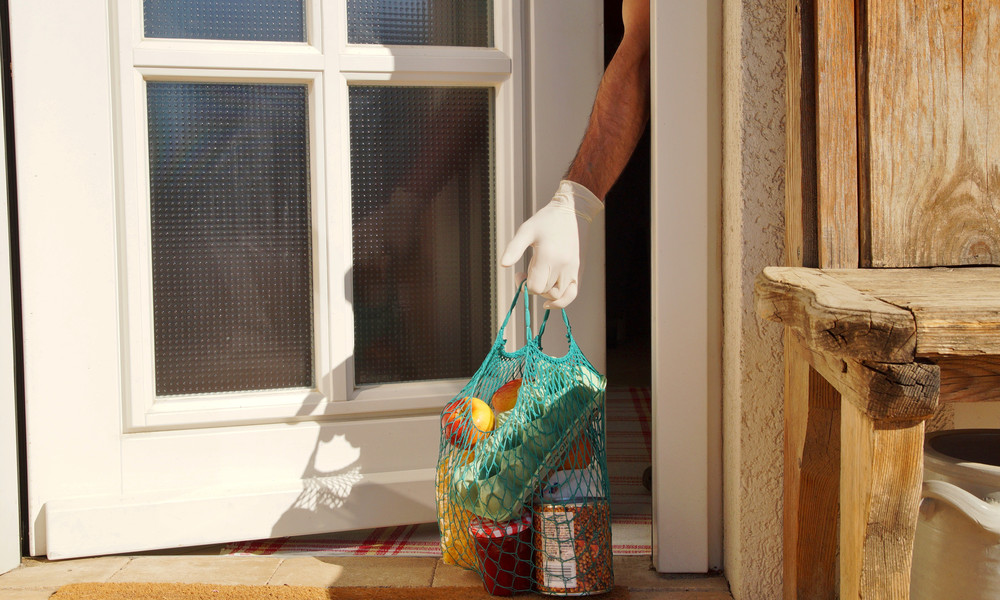As the coronavirus pandemic threatened the survivability of all-sized businesses across the country, younger companies, micro-businesses, and sole traders with naturally less cash flow experienced unprecedented operational challenges. Pushed to adapt to changing consumer needs, lockdown trading restrictions and the temporary closure of non-essential retail, service providers fast revised their services as we entered the Covid-19 pandemic era. We analyse how Covid-19 has brought to play a different set of playbook rules, from technologically powered shopping to upgraded health expectations.
1. On-demand, at your door
As the coronavirus pandemic led to the closure of non-essential businesses, including the shutdown of the retail sector, customers were forced to look elsewhere to fulfil their non-essential buying needs. Demand for online shopping services soared, placing pressure on parcel delivery services while orders hit unprecedented levels. As physical stores experienced a string of closures across three Covid-19 lockdowns, the pressure was on to search for alternative ways to attract customers and deliver services/products.
As a result, non-essential businesses were pushed to embrace online selling platforms and provide a virtual shopping experience complemented by click and collect and same-day, local or nationwide delivery. Local convenience stores and household supermarkets partnered with food delivery providers to deliver both essential and non-essential goods to the comfort of homes within record time. Tailored to individuals either isolating or shielding as a result of Covid-19, vulnerable communities were able to access all types of services through contact-free delivery.
The pandemic promoted an accessible service delivered through a Covid-secure manner to increase the appeal to health-conscious customers, which is likely to continue post-pandemic. By using technology to deliver services in a streamlined and effortless manner, the Covid-19 pandemic has increased consumer entitlement to access services at a moment’s notice.
2. Shop local and rescue the high street
As the coronavirus pandemic devastated micro-businesses, one-man/woman bands and local traders, the pressure was on for local businesses to raise their profiles and drive consumers to invest in shopping local, rather than taking to well-known and large businesses. Local authorities launched campaigns to raise awareness of start-ups and micro-entities, as, without support from locals, many may have been forced to close their doors as a result of Covid-19 trading pressures.
Due to limited government support available for sole traders and small businesses, it was vital to help these individuals survive the coronavirus pandemic or risk the closure of their business.
3. Transparent hygiene standards
As the Covid-19 public health emergency emphasised the importance of public hygiene to significantly reduce transmission of the virus, the NHS ringed the slogan; Wash Hands, Cover Face, Make Space, to remind individuals of the importance of handwashing to protect personal health. During the early stages of the pandemic, the NHS and workplaces across the country circulated information concerning correct handwashing techniques and how to sanitise workstation guides.
As maintaining high standards of both personal and workplace hygiene became mandatory and commonplace, consumers are likely to expect the same outside of the Covid-19 pandemic to reduce the re-emergence of the virus. As a result, businesses will need to be transparent about the hygiene standards adhered to, including a rundown of precautions taken to minimise health risk.
The coronavirus pandemic has given rise to a customer base with a new set of expectations for service providers, bound by increased accessibility, simplicity, and on-demand delivery.








